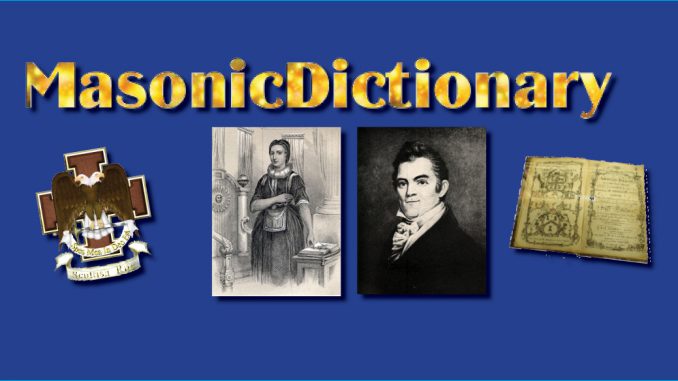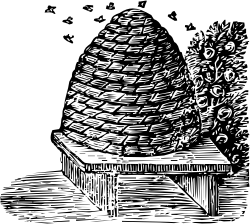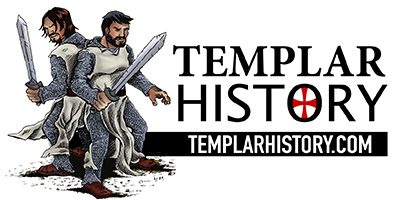
 In our Twentieth Century America, the word “industry” denotes manufacturing and factories classified as heavy industry and light industry; and connote machines and factory workers. When the Beehive is said to be an emblem of industry the word is not used in that sense, indeed, is used with an almost opposite meaning-for it is used in the sense of centuries ago, which was the true sense.
In our Twentieth Century America, the word “industry” denotes manufacturing and factories classified as heavy industry and light industry; and connote machines and factory workers. When the Beehive is said to be an emblem of industry the word is not used in that sense, indeed, is used with an almost opposite meaning-for it is used in the sense of centuries ago, which was the true sense.
Industry was the employment of a very large number of men, tens of thousands in many instances, on one undertaking at one place and at the same time, and they might or might not use machinery. It was the method by which in the ages before heavy machinery vast building enterprises were accomplished, some of which have so long mystified modern men, the building of the pyramids, of the ancient Egyptian canals, of the hanging gardens of Babylon, of the Ziggurats, of vast Hindu temples, of the Chinese Great Wall and Grand canal of the Mayas’ City of Chichen-Itza, etc. the same method by which in World War II the Burma and Ledo roads were constructed as well as great airfields in the remote hills of China; and the method by which from Caesar’s time until modern times the Dutch have built their hundreds of miles of dykes. The Beehive is the perfect emblem, or typical instance of the power of industry, because what no one bee’or succession of separate bees could accomplish is easy where hundreds of them work together at one task at one time.
The Medieval Freemasons did not study and think about the same subjects that architects and builders now except in fundamentals, did not secure the elements of a building ready-made from factories, had no steam or electric or magnetic tools to use; chemistry and physics were forbidden sciences, and could be studied by the initiate only in secret or under a heavy camouflage of symbolism. They had two great subjects: materials and men. A modern architect knows far more about materials than the Medieval builder because he has universities, literature, laboratories, and factories to draw on; but he knows far less about men, indeed, he knows almost nothing about men.
Where a modern builder looks to machines as the means to accomplish his results, the Medieval builder who had no power-driven machines had to look to men. For this reason the Medieval builder knew far more about work than his modern counterpart because work is nothing other than a man making use of himself as a means to get something made or produced or accomplished. Where a modern foreman thinks of himself as a supervisor of a building full of machines the Medieval foreman thought of himself as a Master of workmen. By the same token a workman had to know himself, instead of a machine, because he was his own machine. Skill is the expert use of one’s self.
It was for such reasons that Medieval Freemasons thought much about and had a wide knowledge of the forms of work. There are some fifty-two of these.
Industry itself is one of them, the most massive and most dramatic, but not the most important. Where a man makes everything by himself from the raw materials to the finished product, is another. Where a number of men work in a line at the same bench and where the first does one thing to the “job, ” the second does another, and so on until the “job” is completed by the last man, so that it is the job and not the men who move, is another form of work. Where one man completes one thing, another, perhaps in another place, completes another, and so on, and where finally a man combines a number of completed things to make one thing, is another form of work; etc., etc.
The general organization of a Lodge is based on the principle of forms of work; so are the stations and places of officers. Though as an emblem of the form of work called industry the Beehive symbolizes only one in Particular it at the same time represents the system of forms of work, is, as it were, an ensemble of them; and from it a sufficiently well-informed thinker could think out the system of Masonic Philosophy. In our Craft the whole of fraternalism is nothing other than the fellowship required by the forms of work, because the majority of them require men to work together in association, in stations and places, and therefore in co-operation.
It is strange that in its present-day stage of development the so-called science of economics should concern itself solely with such subjects as wages, machines, money, transportation because these are but incidentals and accidentals. Work is the topic proper to economics; and the forms of work are its proper subject-matter. Any scholar or thinker who chances to be a Mason could find in his own Fraternity a starting point for a new economics, as fresh and revolutionary and revealing as was the work of Copernicus in astronomy, of Newton in physics, of Darwin in biology. A beehive itself is a trifle, and scarcely worth ten minutes of thought; what it stands for is one of the largest and most important subjects in the world, and up until now one of the least understood.
